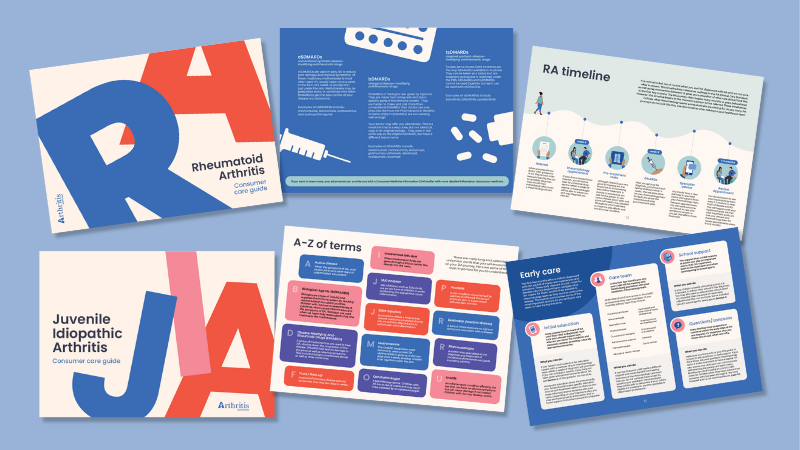Be Your Own Health Advocate
What does being my own health advocate mean?
Being your own health advocate means taking charge of your health and being the main decision-maker. When you are first diagnosed with a chronic illness, the range of emotions you will experience can take some time to work through, however with the right tools and support you can learn to feel in control and bring a sense of comfort to your life.
Of course, living with serious illness may mean you will make difficult decisions at times; ones you may not simply make on your own, and incorporating the advice of health professionals, support groups and friends/ family, and gaining their support in the decision-process can help in choosing what is best for you. In time, you will learn to seek, understand and try what you believe is best for you – the very qualities needed to become your own best advocate.
Where do I start?
Here are some ideas on how you can advocate for yourself:
- Create a healthcare team who will work with you and with each other
- Schedule and keep your health appointments
- Research your condition, possible symptoms and treatment options
- Decide who to include in your support team
- Take your medications exactly as prescribed (and seek professional advice if you have concerns)
- Obtain copies of your test results (sent directly from pathology companies, etc or via your GP)
- Discuss your condition with your workplace to enable you to have more flexibility (if needed)
What tools are available to me?
There are many tools and resources you can use to help manage your condition effectively, including:
- Pain diaries, symptom tracking apps, appointment checklists, etc
- Mobility aids
- Thermal or splint gloves for inflamed hands and wrists
- Heat and/or ice packs
- Adjustable ergonomic furniture, including tilt chairs and foot rests
- Large handle cutlery and other assistive devices for around the home
- TENS machines or hand-held electric massagers for pain management
How can I find out more about my condition?
Medical team
Ask your GP or specialist for as much information as possible and don’t be afraid to ask questions. Pharmacists are also qualified to advise you on medications and other aspects of health management, or other health professionals can assist you; however, consider their level of training and experience when evaluating advice.
Research
You can do your own research online or at a library. Ensure you choose reliable sources such as medical publications, government departments, disease management associations and patient advocacy groups.
Support team
Some friends and family may be able to help with support and/or advice, however, please seek the advice of your medical team before changing any of your treatment.
Where can I get further advice and support?
A great place to start is the relevant disease management association or Arthritis Foundation in your state/territory, where you can obtain fact sheets, books about your condition, phone support and lists of support groups, etc.
Research indicates that support groups improve wellbeing. Support groups are incredibly valuable, as you have the opportunity to make new friends with others living with the same or similar condition to you. Support groups are great places to share feelings and discuss your emotional and social impacts, as well as gain invaluable insight into living with a chronic condition.
You can find support groups either locally or online, and many groups provide newsletters to keep you updated with the latest research, treatments and government changes that may impact you.
Being your own advocate provides you with the right tools to better deal with the challenges you may face living with a chronic illness. Don’t be afraid to reach out and seek advice or support when needed and to support others who may be facing difficulty. We are all in this together!





